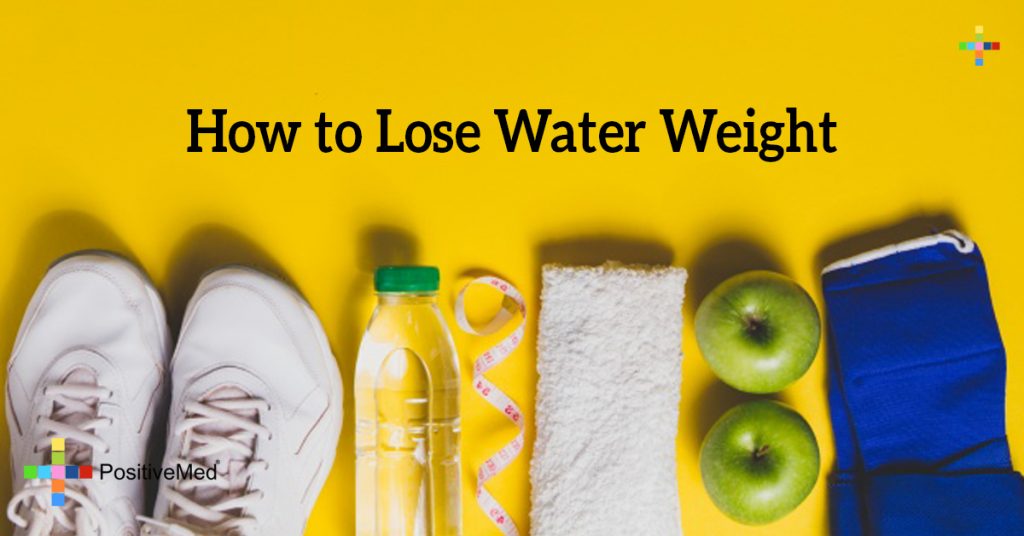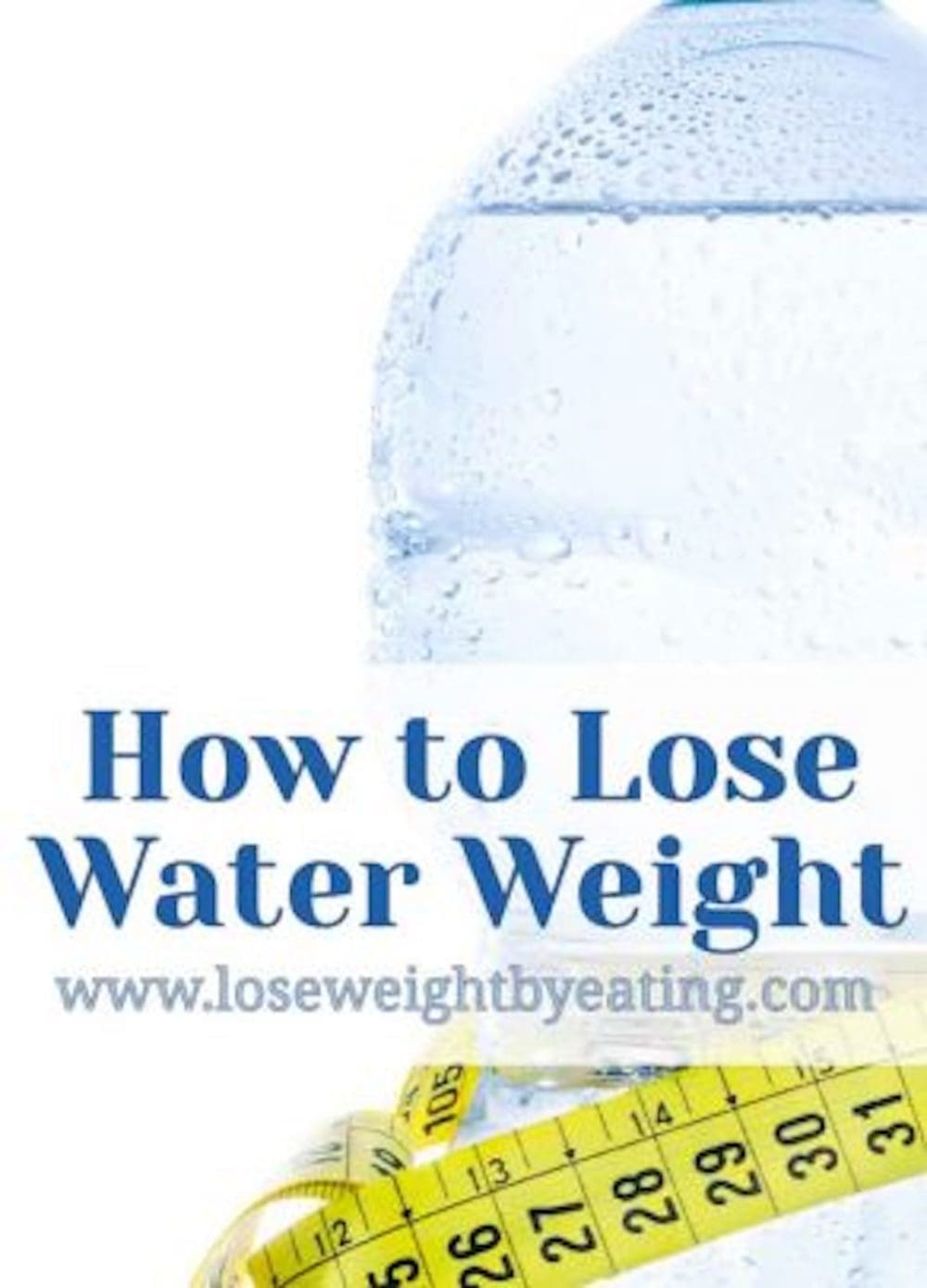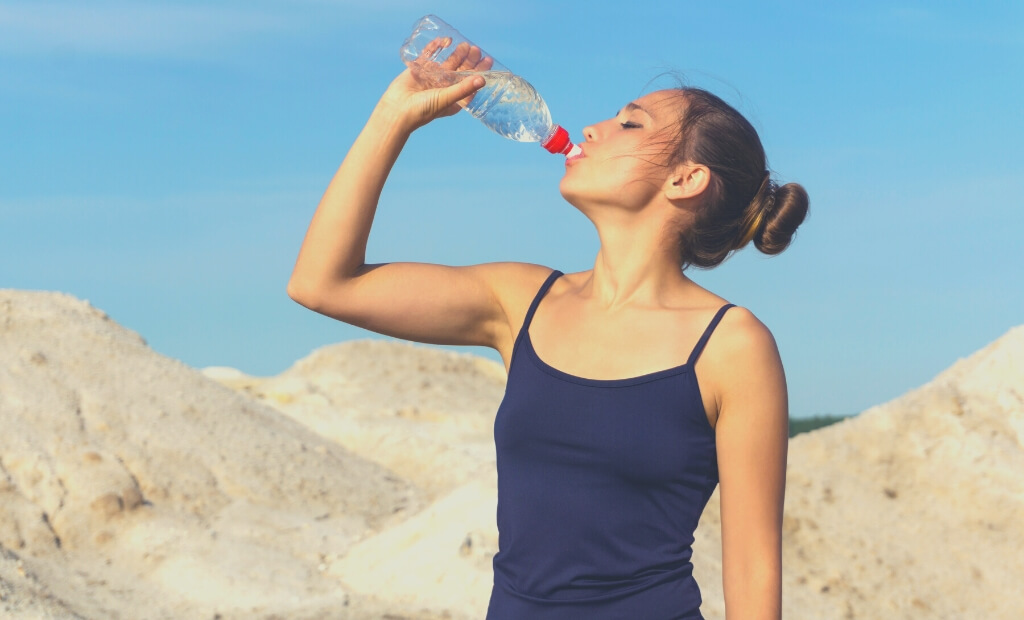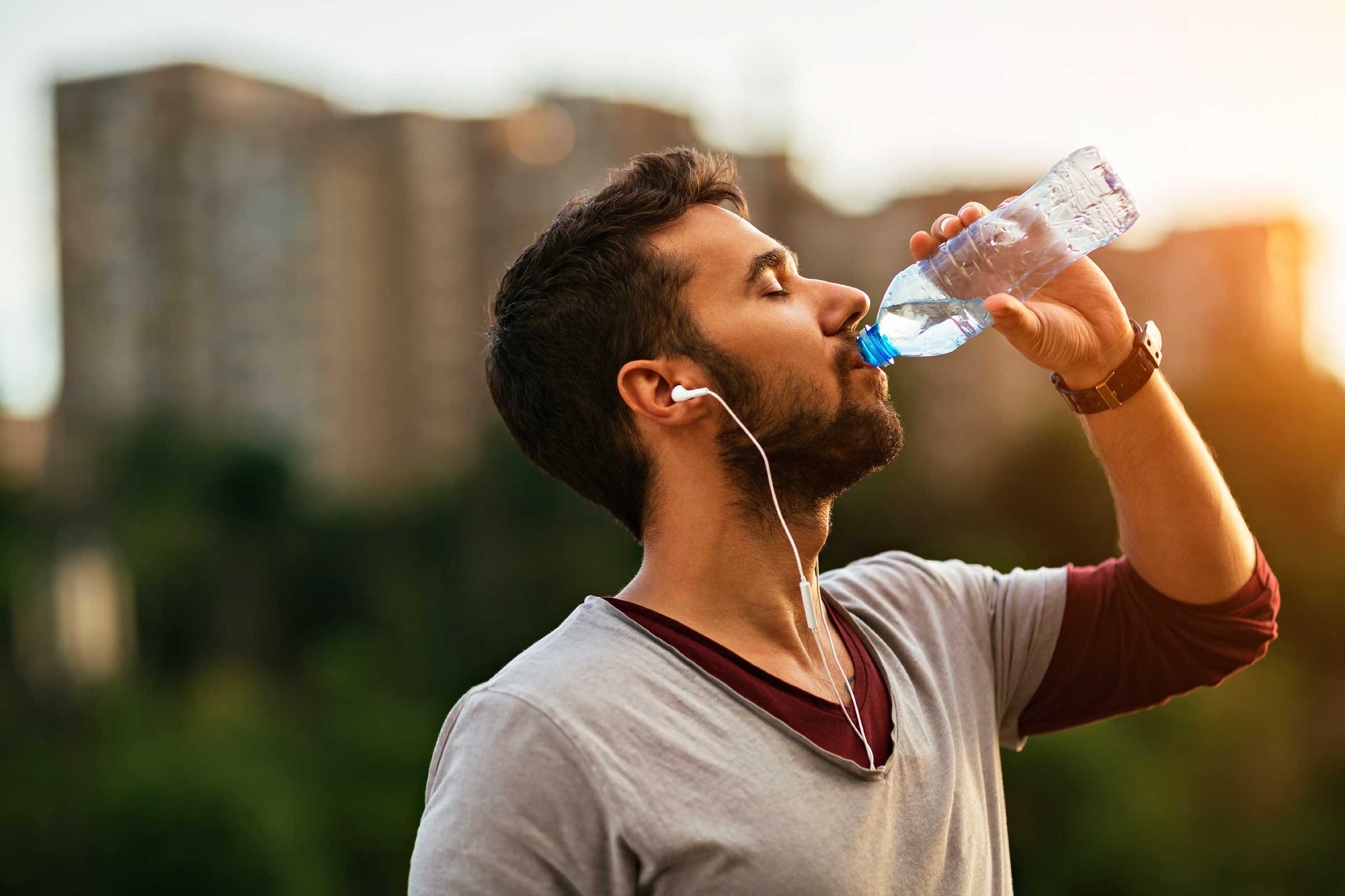Simple Info About How To Naturally Lose Water Weight

Theoretically this translates to losing nearly 1 pound per month (1 lb = 3500 calories)—with hardly any.
How to naturally lose water weight. Remove processed foods from your diet, which are more likely to. 29 ways to lose weight naturally (backed by science) natural ways to lose weight. Exercise promotes blood flow and circulation throughout your body, helping to lower your rate of water retention.
Sometimes, the key to shedding those extra pounds lies in natural, practical, and sustainable lifestyle modifications. Eating fewer processed foods, drinking. To lose water weight within 2 days, increase water intake, consume diuretic foods, engage in light exercise,.
You could check for water weight at home by using a method that doctors use to assess for pitting edema. Limit processed foods and alcohol. Processed carbohydrates (especially for people with gluten sensitivities ), sugars, and.
Edema, bloating and water weight are all ways to describe the common physical phenomenon known as water retention. Drink water throughout the day instead of heavier drinks to cut calories. Salt is made up of sodium and chloride.
Physical inactivity is one of the main culprits of water retention, so getting up and moving is one simple way to help reduce water weight quickly and. This method may not work for relatively healthy people.
Staying hydrated is a critical factor in. Several studies show that water can help you lose weight. If the area simply bounces back, it’s usually true weight.
Workouts requiring more glycogen storage (within. Water weight gain—otherwise referred to as water. How to lose water weight safely, according to experts.
How can i lose water weight naturally within 2 days? When to see a health care provider. If this leaves an indentation, it’s usually water weight.
This guide provides effective ways to lose weight. Sodium, or salt, causes you to retain water and hold it in your tissues. Decrease your food intake by 100 calories per day.
3 natural diuretics. Carbohydrates can lead to water retention because when you eat carbs, the energy that you don’t immediately use is stored in your. Sodium binds to water in your body and helps maintain the balance of fluids inside and outside your cells.


















